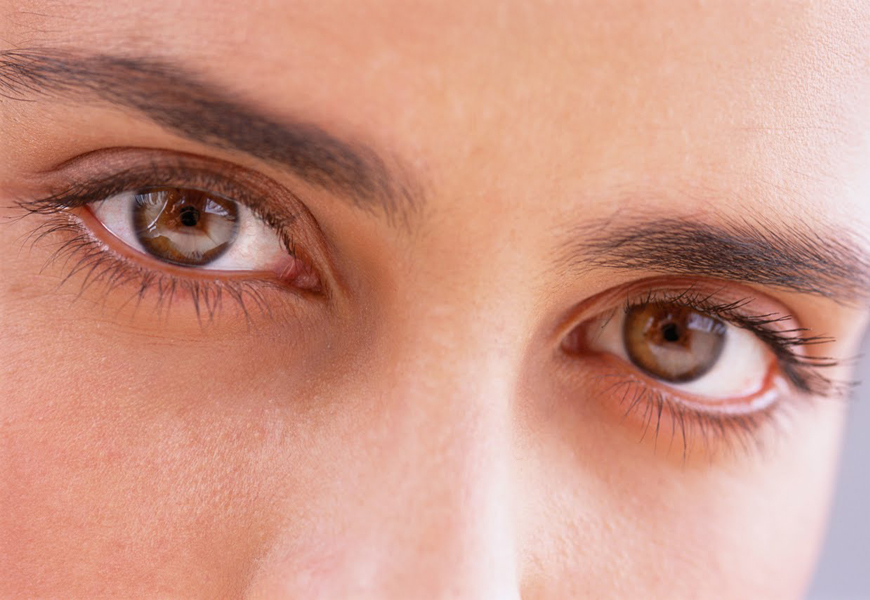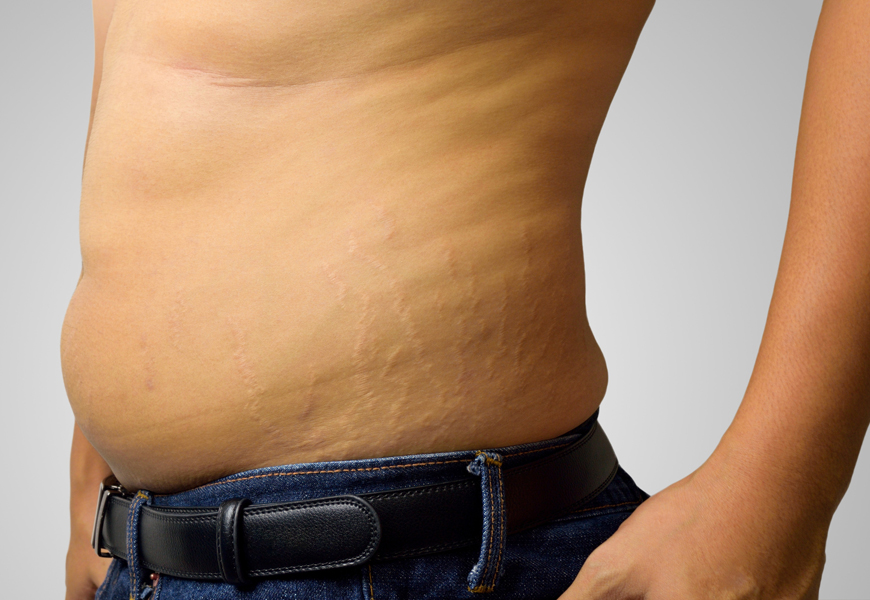We know, we know, there are few things more satisfying than fixing a leaky bathroom faucet, nailing art to the wall or changing the lock on your front door. We get it. DIY is fun, cool and cost effective. So while handy dandy repairs can improve every room of your home including the bathroom, try to restrict the fast- fixes to the plumbing and floors and keep them far, far away from your face.
That’s right, your face. We know you’re tempted to put your Kiehl’s money back in your wallet as you whip up the mayonnaise mask Google says will alleviate ingrown hairs. Or maybe hold off on cancelling your Restylane appointment before applying the warm honey, hot pepper and cinnamon paste YouTubers claim will give you instant Kylie Jenner lips. But don’t. Not all from-your-pantry ingredients translate into successful DIY solutions, so knowing your stuff before you get started is always a god idea. According to Dr. Gretchen Frieling, a U.S-based dermatopathologist, not all of Grandma’s DIY home remedies are worth repeating. Here are six that are best left in the past.
1. Toothpaste for acne spots
This spotty trend most likely started because toothpaste contains ingredients such as baking soda or hydrogen peroxide, which are drying. So yes, while treating acne with toothpaste can dry pimples out, it can also cause irritation, redness and even peeling. “This is no better than any over-the-counter products,” says Dr. Dr. Frieling. “It may make the problem worse since the chemical and ingredients in toothpaste that fight bacteria are made for your teeth, not your skin.”
2. Lemons and limes as toners
You may have seen DIY exfoliators or toners featuring lemon juice as an ingredient, but this is one you you should really avoid. “Because of its high acidity, lemon juice can disrupt the natural pH levels of your skin leading to irritation and hyperpigmentation,” explains Dr. Frieling. And considering the acidity varies for every lemon, you can’t control the outcome. “A small splash of lemon juice on an acne scar or blemish is said to reduce hyperpigmentation and lighten the skin. But, you may leave your skin with a bigger problem if you go in the sun as the citric acid in its natural form contains a phototoxic compound called psoralens, which can cause a severe chemical burn when exposed to UV rays.” That said, when properly integrated into face products by scientists, the compound can be extracted from lemon juice through processing and is safe to use.
3. Rubbing alcohol to dry acne
At the crux of germ-fighting products, rubbing (isopropyl) alcohol cleans wounds, disinfects, and sanitizes the skin. You think it would be great for your face too, right? Think again. “Repeated exposure to isopropyl alcohol on the face strips the skin of its natural protective barrier, oils and irritates the skin,” says Dr. Frieling. While rubbing alcohol works great to remove bacteria; bacteria isn’t always the sole source of what is causing acne breakouts. “Good acne products treat all aspects of the problem, not just the surface of the skin. They target the inner layers of the skin and protect it’s natural pH levels in ways rubbing alcohol can’t.”
4. Baking soda as an exfoliator
Healthy skin should have a pH level of around 5.5. Since baking soda is an alkaline it attempts to neutralize acidity and with a “pH of 9, can alter the outer layer of skin and actually cause it to break down, leaving the skin vulnerable to bacteria and worsening the condition,” says Dr. Frieling. So while yes, we’ll give it props for being able to remove dead skin cells and exfoliate like salt or sugar, it will most likely leave your skin looking and feeling red and irritated.
5. Raw eggs in your face mask
Definitely a cheaper alternative to most serums, Dr. Frieling says raw eggs should not go anywhere near your face. “If you have a scratch or unhealed blemish on your face, putting raw egg whites on your them can cause infection, not to mention possible allergic reactions,” she says. “Egg white masks are said to tighten pores and brighten the skin, but any pore-tightening properties just get wiped away when washed off.”
6. Coconut oil as a moisturizer or cleanser
It’s excellent for food, hair and even your legs, but coconut oil needs to stay far away from your face. “Coconut oil is extremely comedogenic,” says Dr. Frieling. “It can’t be absorbed into the skin, clogging your pores and causing more breakouts.” As for those who claim it works miracles as a cleanser, meh, not so much. “Even after washing it off, coconut oil leaves a thin layer of film behind which can suffocate your pores.” adds Dr. Frieling.












